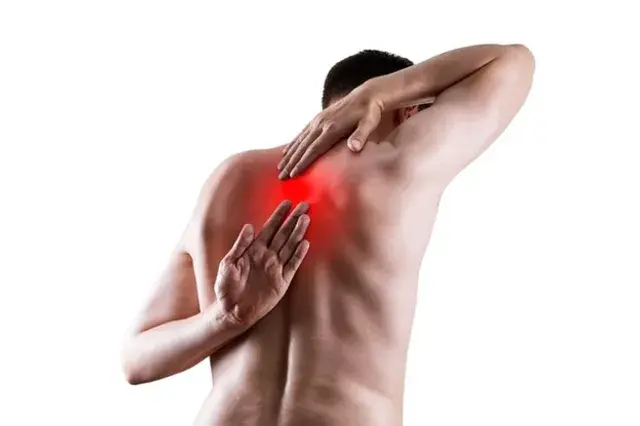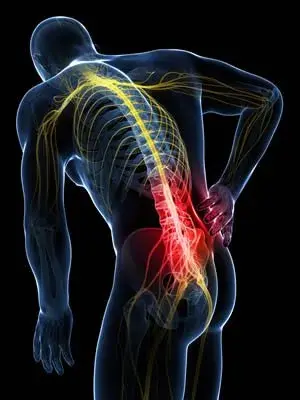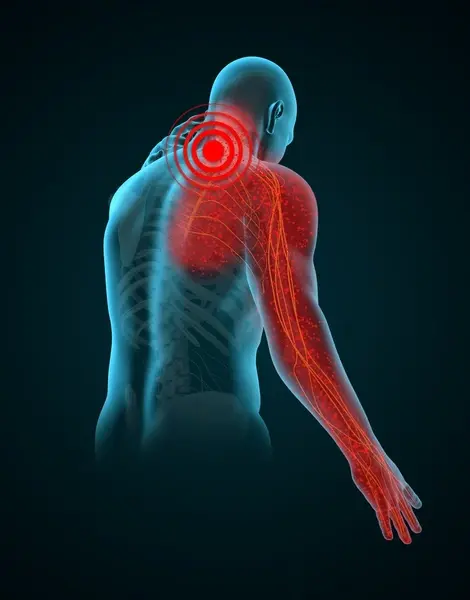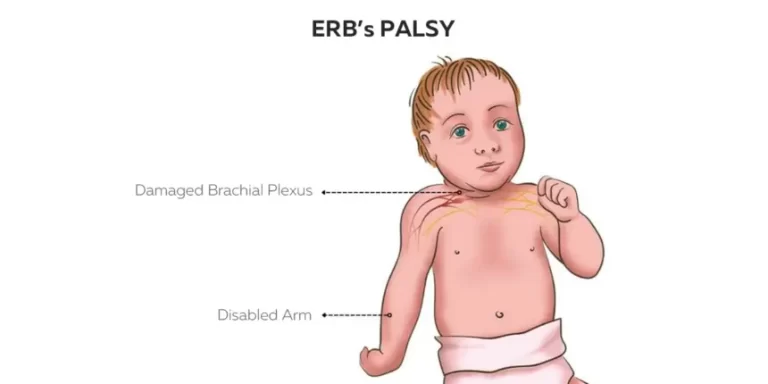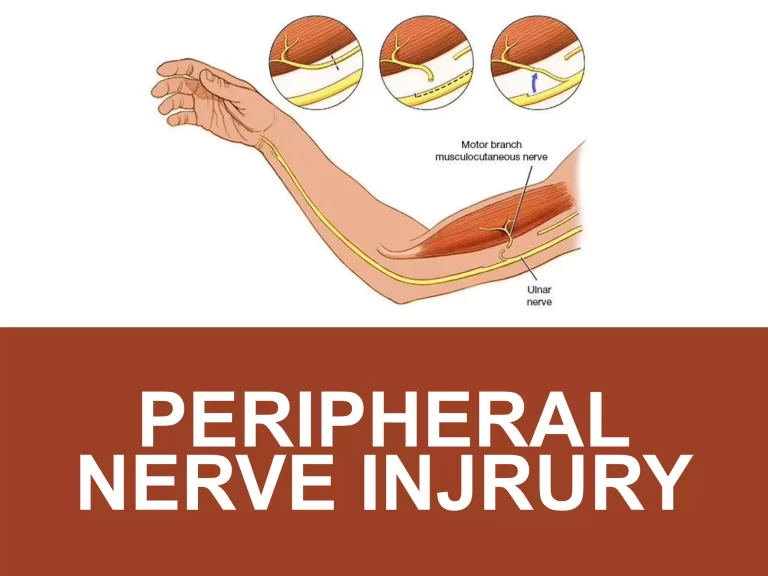Thoracic Radiculopathy
Radiculopathy is caused by the compression or irritation of a nerve root located in the spinal column. In the case of “Thoracic Radiculopathy,” the symptoms are caused by a disease process that occurs within the thoracic spine. What is a Thoracic Radiculopathy? Thoracic radiculopathy refers to a condition where the nerve roots in the thoracic (mid-back) region…

